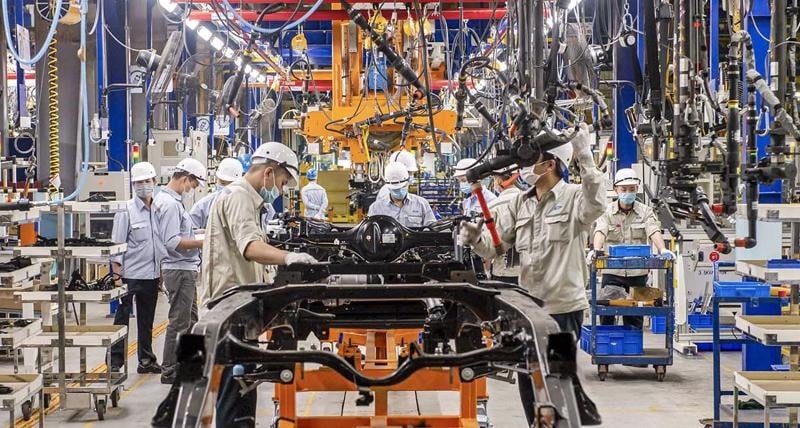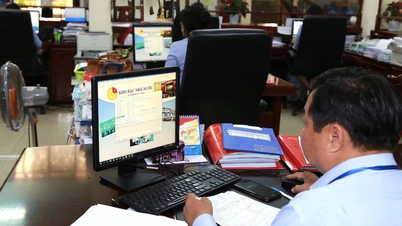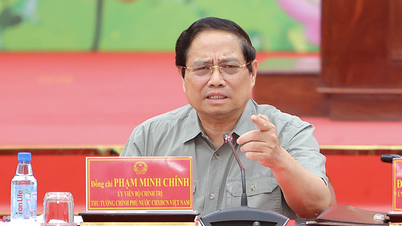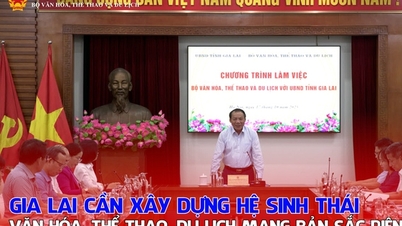Businesses have always had a common concern about potential legal issues when making business decisions. Especially in the context of rapidly changing laws, the application of which is sometimes inconsistent among law enforcement agencies.
The criminalization of economic and civil relations has caused concern and even destroyed the spirit of entrepreneurship, creativity and dynamism of the private sector.
“When they are prosecuted, they not only lose their assets but also have their careers left unfinished,” said Dr. Nguyen Dinh Cung, former Director of the Central Institute for Economic Management Research.
During nearly 40 years of Renovation, the Party and the State have recognized the need to decriminalize economic and civil relations. However, it was not until Resolution 68 that there were drastic views, and these are unprecedented new points. Specifically: Amending the provisions on criminal law, civil law, criminal procedure, civil procedure to ensure the principle when handling violations and civil and economic cases, giving priority to applying civil, economic, and administrative measures first, allowing businesses and entrepreneurs to proactively remedy violations and damages.
Resolution 68 also clearly states: In cases where the practical application of the law may lead to criminal proceedings or not, criminal proceedings must be resolutely not applied. In cases where criminal proceedings are required, priority should be given to measures to remedy economic consequences and this is an important basis for considering subsequent measures.
“It is understandable that if a business person makes a mistake, they will be given the opportunity to do it again. This is extremely important for businessmen. Another point is that the Resolution also clearly distinguishes between individuals and legal entities, that is, clearly distinguishes between directors and enterprises. Violations by directors are the responsibility of individuals and do not involve enterprises. Sealing the assets of individuals, not sealing the assets and headquarters of enterprises. There will be no more stories of sealing the entire factory as evidence of the case. Therefore, enterprises and investors will be more secure, willing to accept risks, and approach new things to promote business development,” Dr. Nguyen Dinh Cung emphasized.
"Each enterprise is a cell of the economy. When each cell is healthy, the whole body will develop steadily. Therefore, proactive innovation and adaptation of enterprises will be a vital factor in an increasingly competitive business environment. For Resolution 68 to be truly effective, it also requires the support and initiative of enterprises. Private enterprises need to actively participate in the process of policy development and criticism, while constantly improving their management, operational and legal compliance capacity," said Mr. Phan Duc Hieu, member of the National Assembly 's Economic and Financial Committee.
According to Mr. Dau Anh Tuan, Deputy General Secretary, Head of the Legal Department of the Vietnam Chamber of Commerce and Industry (VCCI), Resolution 68 not only contains new guidelines and policies, but also a commitment to businesses, to the people and to the future of the country. And in the journey to build a strong Vietnam, not criminalizing economic and civil relations is the first decisive and hopeful action to create a healthy, fair and creative investment environment.
Source: https://thoibaonganhang.vn/khong-hinh-su-hoa-quan-he-kinh-te-dan-su-diem-nhan-quan-trong-cua-nghi-quyet-68-164121.html






































































































Comment (0)